Why play with words?
Sure, playing around with words is fun. That’s about 50% of why we made our Play With Words videos, which are perfect for very young kids who are learning to read and write basic words. But that’s not the only reason. Playing with words is also a wonderful way to pass time on a bus or train ride with a kid (particularly if you’re tired of, for example, discussing Paw Patrol), help children develop stronger phonemic awareness, and make words relevant and useful to their lives.
Phonemic Awareness
Learning to read and write is about more than learning our letter sounds; kids also need to understand what specific combinations of letters sound like to decode and/or write unfamiliar words. English is funny that way. The letter o can create a wide variety of sounds depending on the word, and kids have to learn all of those possibilities to become strong readers and writers. Some of our grandparents used nursery rhymes to teach their kids phonemes. Consider this line from Jack and Jill:
And went to bed to mend his head
If a child is reading this classic rhyme along with a parent tracking the text with their finger, the kid learns that the -eh- phoneme/short e sound can be made with the letter e by itself (bed) as well as in combination with the letter a (head).
Similarly, when we ask kids to subtract and add letters to the word “doors" in our Play With Words video, kids are unwittingly noticing how the word is spelled as well as the particular phonemes (d/ore/r/s—dɔɹ in IPA). Children also see how -oo- relates to similar phonemes, like the -oa- in roars. The game is a great way for kids to put what they know about phonemes to work to delight you both with a funny sentence. Also, see: Paw Patrol.
Relevance
One of the tacit Big Brain Leaps that kids need to make to read and write well is seeing the skills as relevant and useful in their lives. After all, people of all ages are more inclined to learn something if they think it’s useful information. When kids play with words on the bus/train/highway/restaurant, they see that their particular world is full of words—and that they have the power to reimagine that universe. Changing doors to roars is hardly groundbreaking stuff, of course, but it’s a kid-sized and meaningful way for very young children to feel the power of their budding skills. They can change the narrative of the world around them—no small thing for people who have felt powerless in the adult realm! Plus, they can tell if the sign says “ice cream.”
—
Watch our Play With Words videos with your child(ren) and have fun reimagining your child’s world with phoneme play.
